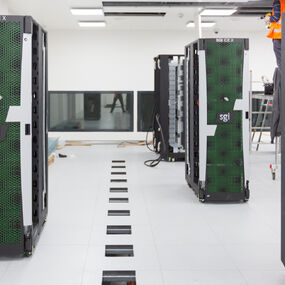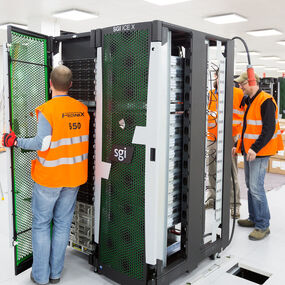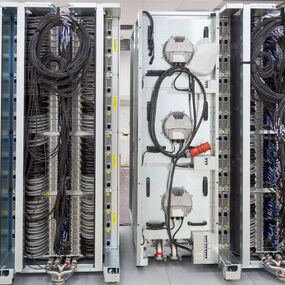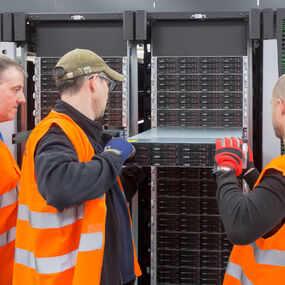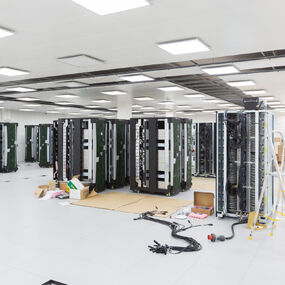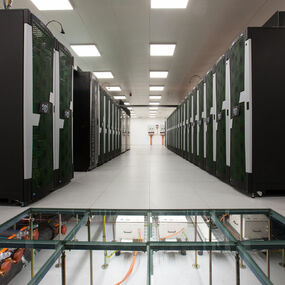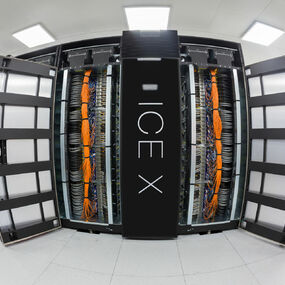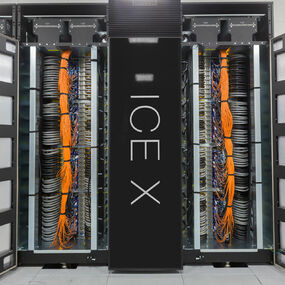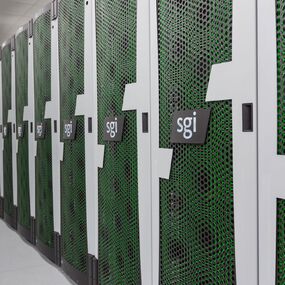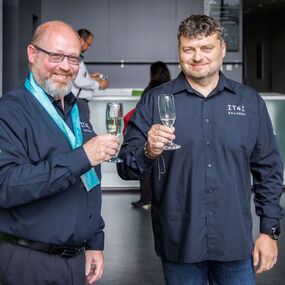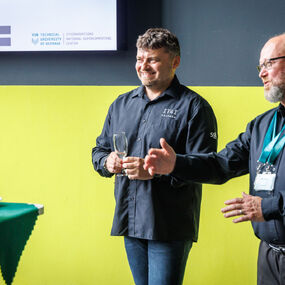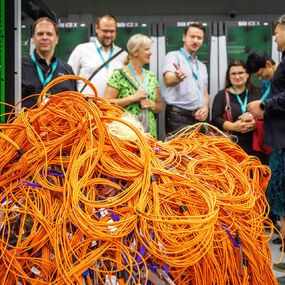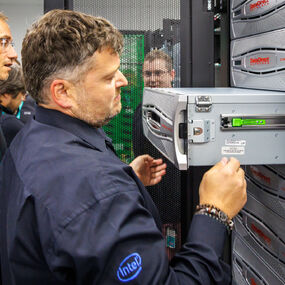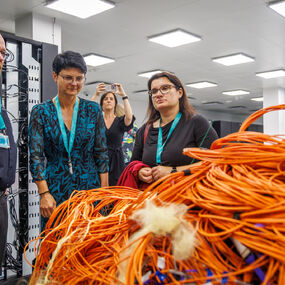Ostrava, 24 June 2024 – The Czech supercomputer Salomon is leaving the data room of IT4Innovations National Supercomputing Center, part of VSB – Technical University of Ostrava, for good. At its launch, the supercomputer was ranked 40th on the TOP500 list of the world's most powerful supercomputers. During its operation, it performed more than 8.7 million computational tasks across 1,085 research projects in areas such as materials science, life sciences and engineering. These jobs consumed 1,024 million core hours of computing time.
Despite completing its last task on 13 December 2021, Salomon is only now heading for the imaginary Silicon Heaven. "Due to its acquisition cost of CZK 270 million, its decommissioning from the university's assets was administratively very challenging. The question arises as to whether it could not continue to be used. The answer is simple – supercomputers, like any other IT technology, quickly become obsolete, and their operation is no longer profitable compared to new ones. Besides, it is almost impossible to provide service and spare parts for six-year-old equipment," says Vít Vondrák, director of IT4Innovations.
What happens to the supercomputer now? Salomon has been sold to a Dutch company and will most likely be partially refurbished. The income will cover approximately the costs of decommissioning, transportation, and partial disposal of the Salomon supercomputer. These costs include, for example, the disconnection from the cooling system, an expert report for the purchase price determination, and the disposal of disks containing sensitive data, in particular user research projects. During Salomon's operation from 15 September 2015 to 13 December 2021, a total of 1,085 research projects were carried out, consuming 1,024 million core hours of computing time and running more than 8.7 million computing jobs.
A very small part of the supercomputer remains at IT4Innovations. In particular, these racks are used for complementary systems or archive storage. In addition to its supercomputers, IT4Innovations also operates smaller complementary systems that represent emerging, non-traditional or highly specialised hardware architectures. Users can try out hardware-specific programming models, libraries, and application development tools with complementary systems. "With a touch of exaggeration, one could say that the Salomon supercomputer will continue to serve the Czech scientific community," adds Vít Vondrák.

